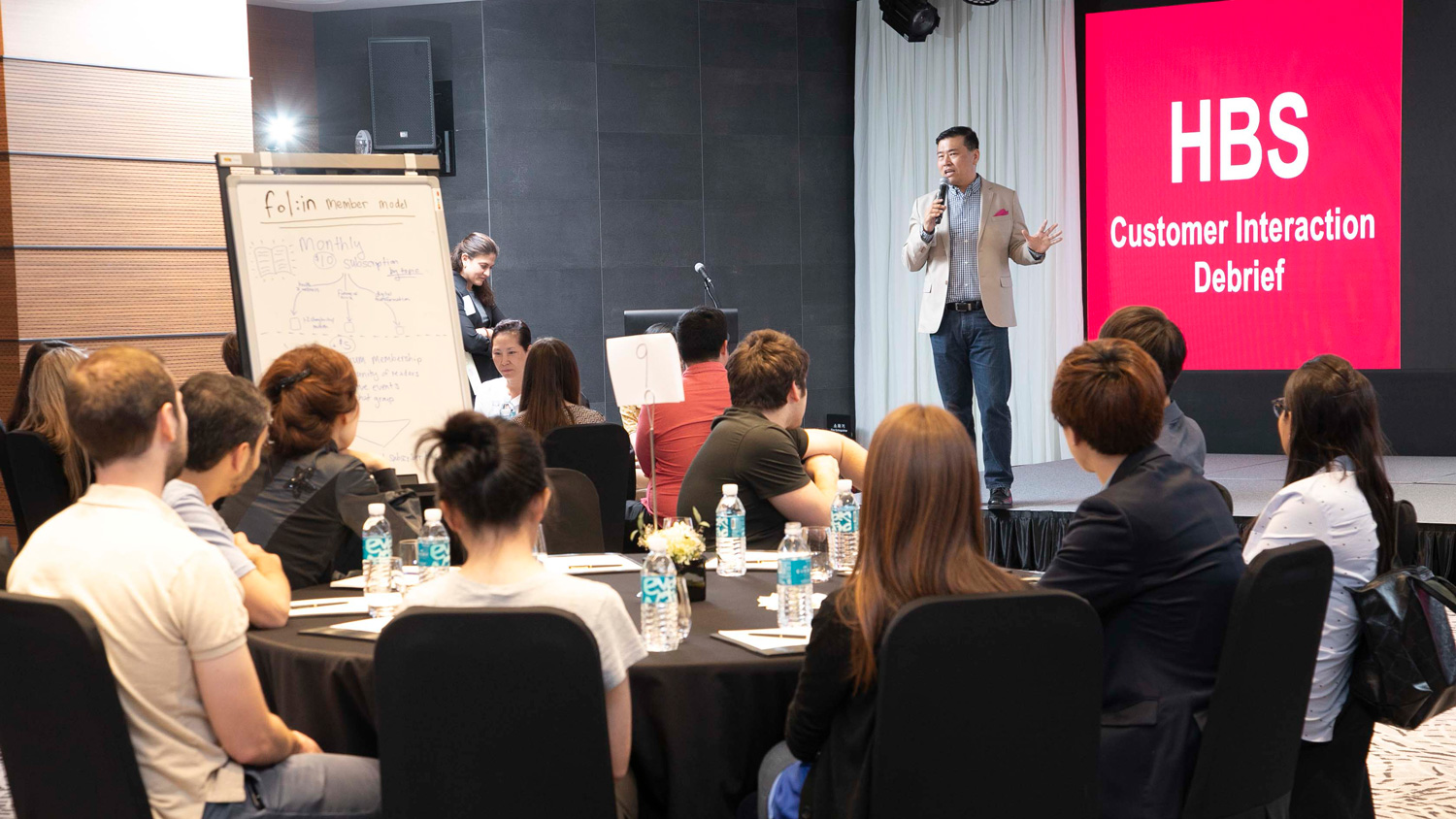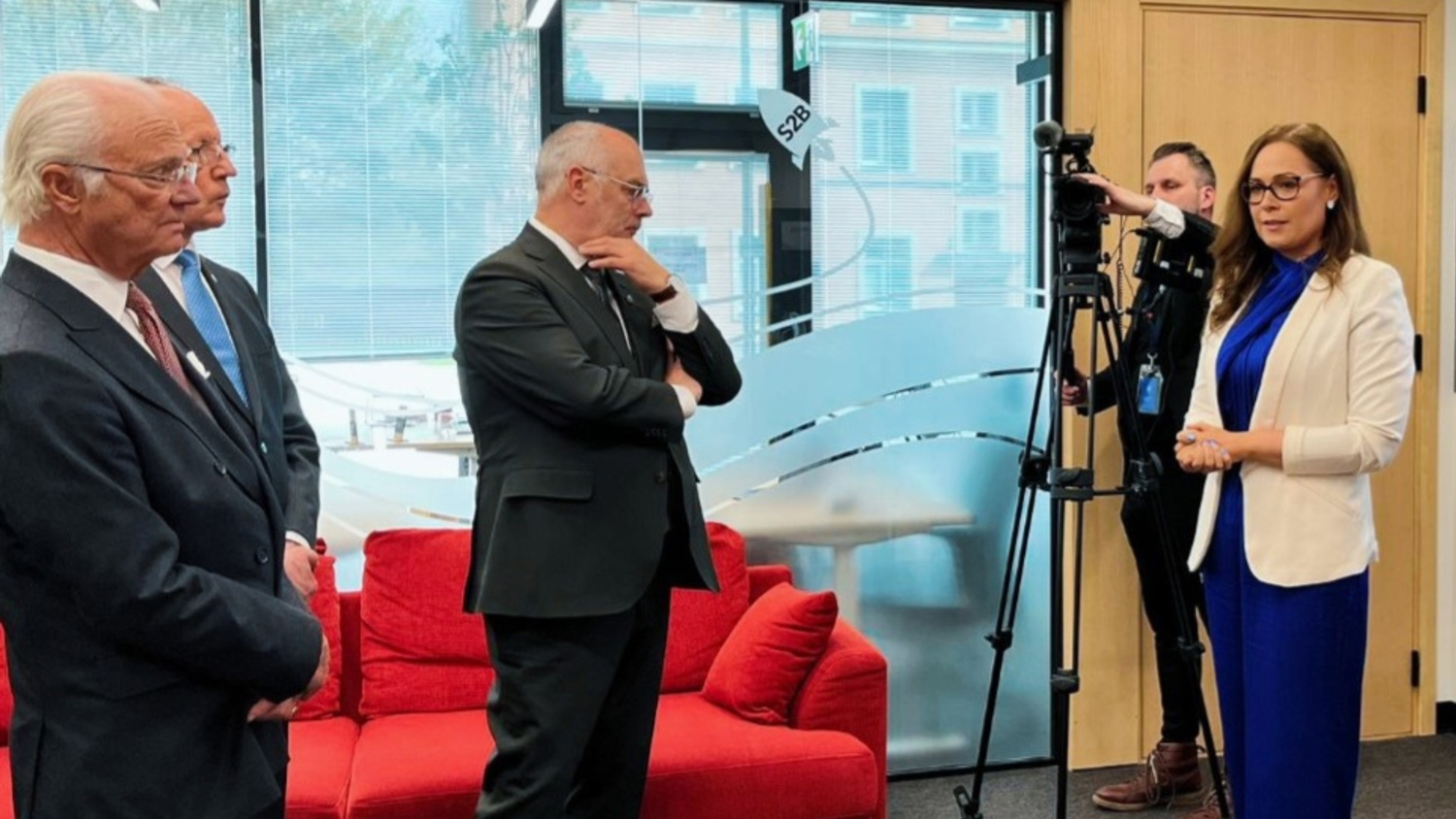Kristjan Maruste is the co-founder and CEO of Kõu Mobility Group. In addition, he was named the EY Estonian Entrepreneur of the Year 2023, and in 2016, Forbes recognized Kristjan as one of Europe’s young future stars.
We meet with Kristjan on Zoom, as is customary these days. Earlier in the same day, he was in Munich, at one of the world’s largest auto shows, and it seems that the winds in the automotive world are slowly shifting in a new direction. We also discussed whether and how it would be possible to change people’s behavior to ensure the planet’s longevity.
The European automotive industry is in a state of flux
Kristjan talks about how Kõu Mobility Group is doing well, despite recent liquidity and financial challenges. He says, “We recently had a funding round agreed upon, which fell through at the last minute. It’s been a very intense and fast-paced time. I was in Munich at an auto show yesterday and even this morning (the interview took place on September 8th – editor´s note). When you look at the bigger picture, our industry has never seen such growth, national investments, and attention. It’s exciting to be in a field where, on the one hand, it seems like everything is just beginning, but you’ve been in the industry for nine years. Once we overcome the temporary technical difficulties, I believe the long-term perspective in our sector is huge,” Kristjan continues:
“In Munich, I saw that the European automotive industry is in a state of flux; they don’t know who they are or what they are. It’s like their identity has completely disappeared. Light electric vehicles and bicycles were also invited to the auto show, and people were looking at bicycles more than cars. It seems like the European automotive industry is having a full-blown ‘Nokia moment.’ All Chinese manufacturers are already there. Can you imagine – Bavaria, the cradle of the European automotive industry, was filled with Chinese manufacturers. And the Germans still think that Chinese manufacturers are useless and can’t make cars.”
Electric scooters make us happy
Kristjan believes in electric cars. “Some people may argue that the resources that go into their production versus how much CO2 they emit are similar to internal combustion engine cars, but it still has a tremendous impact on human health. If there were electric cars on city streets, the air would be much cleaner there. I hope that we will eventually reach a point where children cannot understand how it was even possible for such polluting vehicles to drive on the streets. Just like today, it’s hard for us to believe that smoking indoors was once allowed,” he adds.
While the transition to electric cars is the only thing that saves people’s health, electric scooters are what make people happy and create satisfaction. “The street remains the same width, and there is roughly the same amount of noise. If you want to improve that, you need to build Vana-Kalamaja streets.”
However, changing people’s behavior is not easy. “If you want people to consume differently and change their behavior, you shouldn’t talk about the Earth’s average temperature rising or how many tons of CO2 someone is emitting into the atmosphere. People find it very difficult to relate to that,” explains Kristjan.
More regulation is needed
So how can people’s behavior be changed? “Europe is the most environmentally friendly continent in terms of consumption regulation. Recycling and such have come about through regulations. It’s all well and good, but it can only be achieved through taxes, prices, and regulations,” says Kristjan, and continues:
“I believe that public debate is very important because there are only two ways to actually change the situation. Number one – engineers will save the world. They need to create clean technologies because they are the ones who have messed up this world. The other part is that legislators have to change laws. If pollution is not taxed, it’s extremely naive to expect people to pollute less. You can tell people not to drive a car, but as long as it’s less convenient and more uncomfortable for them to ride a bicycle or an electric scooter for longer distances, they won’t do it,” he explains, and adds: “I don’t believe that people change through soft communication.”
According to Kristjan, solutions need to be created that are better than the current ones. “Renewable energy is a great thing. At TalTech, I had a cool lecturer – Carlota Perez, who analyzed economic shifts 12 years ago and showed us how they happen every 10-15 years. The previous shift was about 15 years ago when telecommunications became zero-cost. Before, making long-distance calls was expensive, or you sent letters that took weeks to reach their destination, but thanks to the internet and the advent of Skype, the world became much smaller, and communication is largely free. We discussed back then that soon electricity would also be free,” says Kristjan, and continues:
“I believe that in a couple of years, electricity providers will start offering monthly packages where you pay for electricity just like you pay for your mobile phone. Once wind turbines and solar panels are already set up, it’s such an efficient way of producing energy that the price will approach zero, and to save their bottom line, electricity providers will be fine with getting 25 euros from consumers every month. It doesn’t matter whether you do a bit more or less laundry. It’s a fantastic example of how engineers will save the planet because the new thing is much better and cheaper. If you tell someone not to use a washing machine because it runs on coal-generated electricity, no one will listen to you. But if it costs a hundred times more, they will start thinking differently.”
Few change their behavior themselves
When discussing people’s mentality and the possibility of change, Kristjan provides a mobility example: “I can make the decision to go to work by bicycle, but there is no bicycle lane, and the sidewalk is also a terrible mess. You can try it a couple of times, but on the third time, you won’t choose the bike anymore. It’s just not possible to ride a bike. I believe very few people will change anything in their behavior on their own. No one is willing to turn the heat down by 3-4 degrees in winter and wear woolen socks and a sweater because warmth is generated from a polluting resource. Not many people are capable of thinking like that. And I actually think they might post about it on Instagram but then turn the heat back up.”
According to Kristjan, this problem needs to be solved differently, such as through price pressure. “The idea is that with pressure, other technologies become more accessible and then cheaper. The question is more about the legislative process that needs to be accelerated. And how society would accept the news of increased pollution taxes more mildly. In broad terms, this means that a person is actually willing to make harmful decisions for themselves in a mass context. You can’t say that because you turned down the heat by three degrees in your home, there was no hurricane, and no one died.”
Basics don’t change, and there are no aliens
In conclusion, I ask Kristjan about his views on what life will be like in 50-100 years. “I think life will be quite similar to what it is now. I don’t believe that much will change. While in Munich, we sat in a street café and watched passing cars. A Lamborghini drove by. We discussed how it’s possible that the prices of sports cars are still rising. Why does anyone even want to buy them? The sports car market will probably collapse in a couple of years. Then, a Fiat Cinquecento passed by – the original Fiat 500, one of the most phenomenal models ever created. It’s highly efficient and a really cool product that came out 50-60 years ago. And then you think about what life was like back then, and it hasn’t changed much in the cityscape. Cars were smaller, and people still rode bicycles.”
While the internet and computers have changed life in some ways, when walking around European cities, it’s still quite similar. “Starship is cool technology with robots driving around, but sitting at a table with friends and having a conversation hasn’t changed much. One thing that hasn’t changed in 50 years is that there are a lot more airplanes. People are flying more, but at the same speed. You can’t get to Japan any faster. So, the basics don’t change, and there are no aliens,” says Kristjan.
Interviewer: Kerttu Kongas




